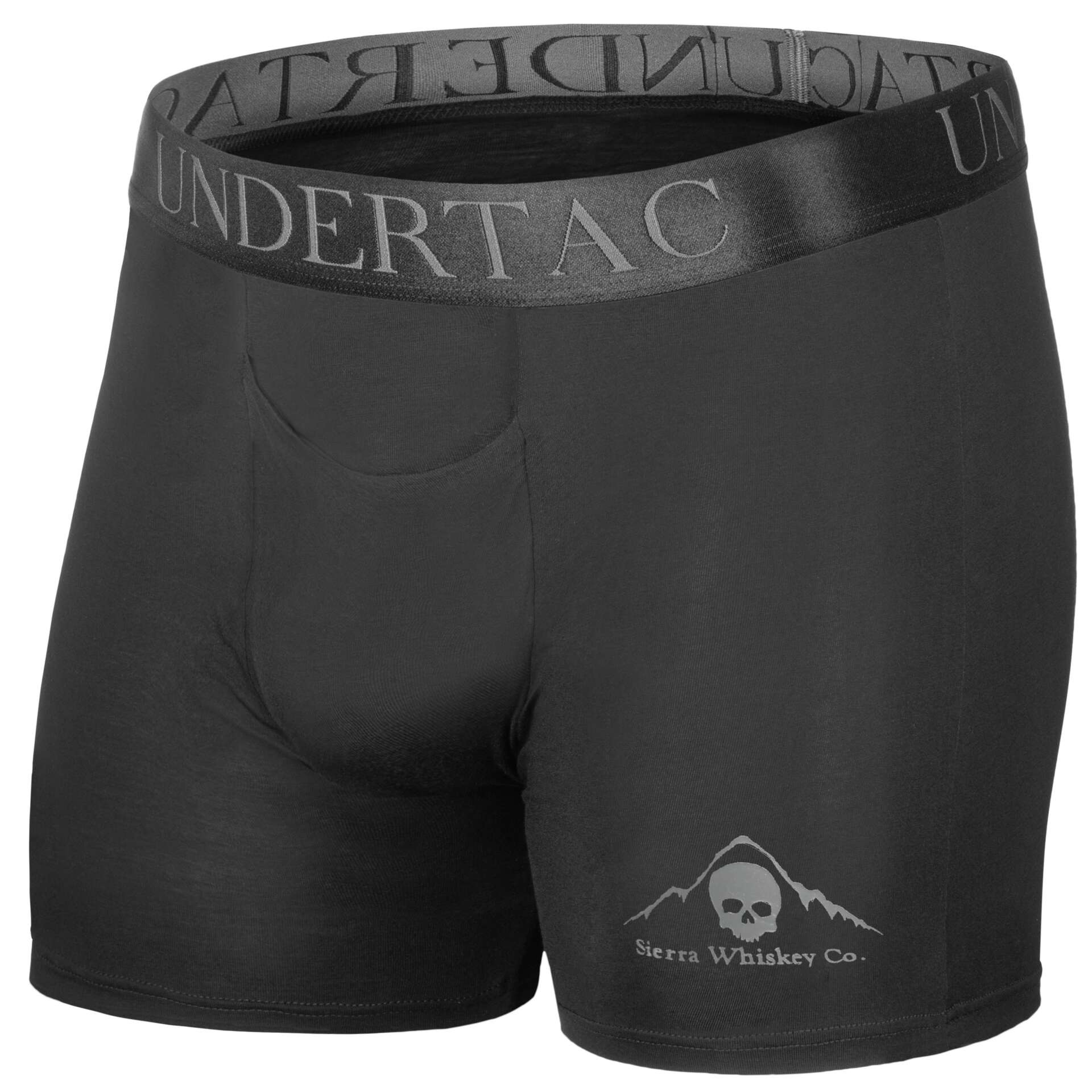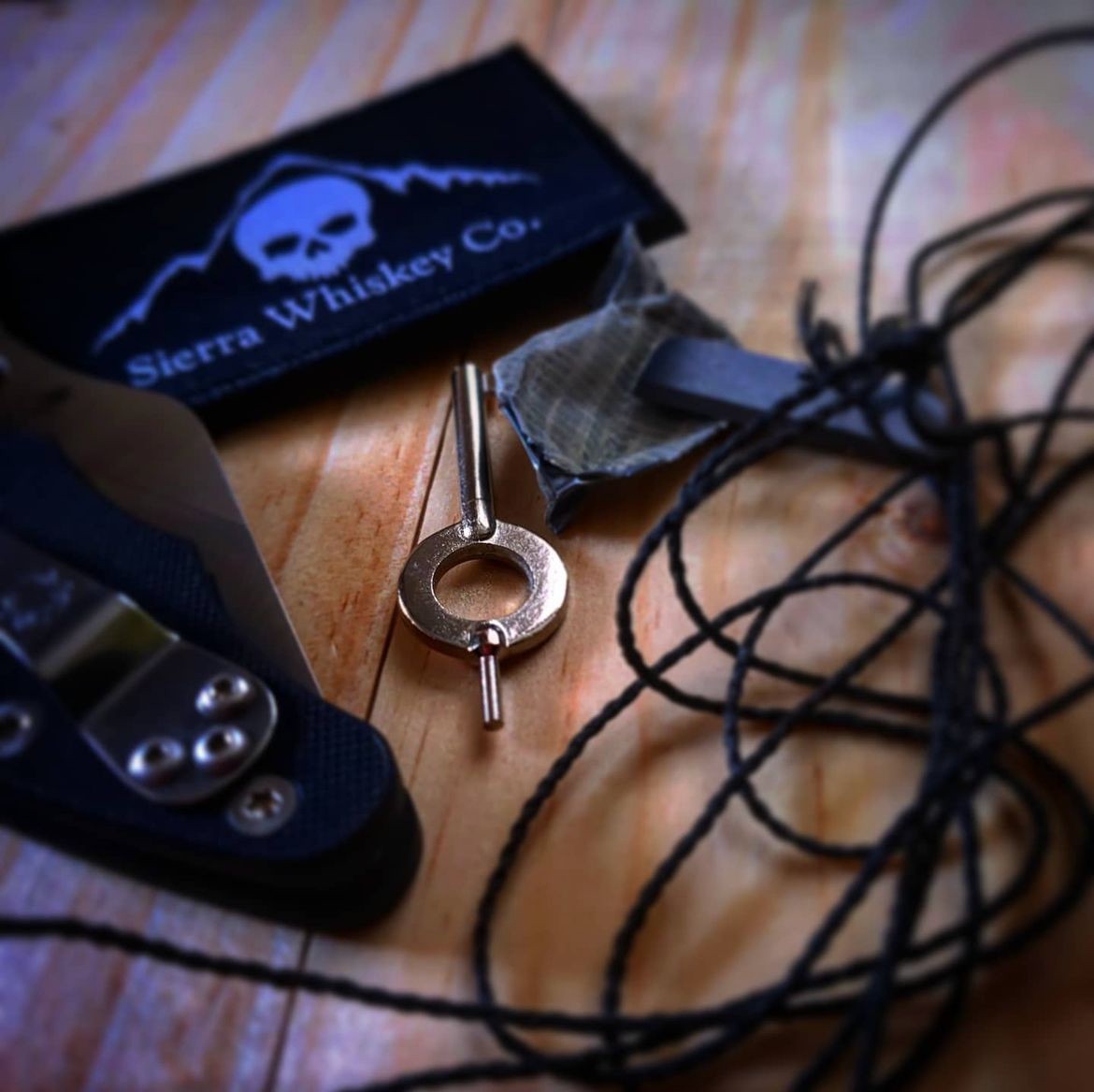We recently connected with Jon Skubis and have shared our conversation below.
Alright, Jon thanks for taking the time to share your stories and insights with us today. What was it like going from idea to execution? Can you share some of the backstory and some of the major steps or milestones?
There are so many people who think that they have a great idea and if only they would have acted on it, they would have been successful. In some cases, that might be correct. One thing more people need to realize is that ideas are like mental flatulence, they come and go, and most of them aren’t anything special. In business it’s the execution of the idea that really matters. When you first start you think, “I have this great idea, all I have to do is get it to the point where I can introduce it to the market and it’s really gonna take off.” That happens sometimes, but you have to temper that excitement a bit. The overnight success stories are usually years in the making, and if they aren’t, they are the exceptions to the rule. You get the impression that as long as you do the work you’re going to be successful, though we have that impression because the ratio of success to failure stories that we hear is 100 to 1. Business is a marathon, not a sprint. So, if you’re going to take the steps be prepared to work through the grind when the initial excitement wears off, because it will. You have to execute to get your product to market, then you have to execute day in and day out on your marketing, then you have to execute to make sure your books are getting done right, then you have to execute to make sure you’re hiring the right people. It’s a never-ending endeavor and it’ll be harder than you think. I’m not trying to dissuade anyone, just prepare them. The challenge is worth it, even if you fail, you’ll be better prepared for the next thing. If you succeed the rewards may be beyond what you had first dreamed. Either way, you’ll win.

Great, appreciate you sharing that with us. Before we ask you to share more of your insights, can you take a moment to introduce yourself and how you got to where you are today to our readers.
I got into the clothing business based off of a simple decision. I was not prepared at all, I knew nothing about it, and I didn’t even know anyone who knew anything about it, but I wanted to do it, so I did. I had always been in some type of sales or service position, I never really had my own company before. I did bake bread and sell it for a farmer’s market one summer, that’s about the closest thing I had done.
I’m the type of person who wants the most efficient or best designed thing; I can’t stand it when you spend your hard earned money on something and it just sucks or it clearly has a design flaw. You come to realize that thing that was advertised as something really special was just designed by someone in an office who sits on a computer all day and doesn’t even use the product. That really irks me. I wanted to do something different with Sierra Whiskey Co. and Undertac Underwear. In my previous life I was working closely with Special Forces Operations among other alphabet soup orgs and realized if I could make something that was good enough for them, it would be great for everyone else. So, I designed something that would account for the shortcomings of other designs and move the functional performance above and beyond anything else that was out there. Our beta-testers of the product were a Special Forces Operational Detachment Alpha doing operations in Africa. If your product does well in one of the most challenging jobs out there and in one of the most challenging climates out there, you know you have a winner. In short, the guys loved it. We’ve been slowly improving the design ever since. When I get a call from a friend who’s a current or retired Navy SEAL or other top-tier operator, and they ask if x, y, or z can be improved, we do it as soon as we can.
We’re also not trying to be anyone else, we are unique in that way. There’s a hundred different brands out there chasing the dragon. By that I mean that they do the current thing and have a churn and burn mentality. Whatever is trendy, flashy prints, a certain color palette, what have you, that’s what they’ll do. We want to be the brand that people go to for quality and stick with for life. Functional, timeless, and badass.

How’d you build such a strong reputation within your market?
There are so many nebulous brands nowadays. They just stand for whatever current thing there is in the moment for the sake of the sale. Sierra Whiskey Co. is different. We love that people have the freedom to say whatever they please and we respect their right to say it. As a company, we indulge in that same freedom. We’re not for everybody and that’s the way it should be. That’s what has helped build our reputation, well, that and a great product that’s so insanely comfortable the guys constantly tell us how their wives and girlfriends have been stealing their skivvies. But back to the other point. If you see a company changing its packaging and messaging based off the cultural and political winds what are you really supporting at the end of the day? Too many companies are just like a chameleon. Our underpinnings will stay the same, not to say that they won’t evolve over time possibly, but if you see a company shift its message several times in a year, they don’t stand for anything, and that’s about as phony as it gets.

What’s a lesson you had to unlearn and what’s the backstory?
I’ve had the pleasure of learning from some real titans of industry. I won’t share their names here because I want to respect their privacy, that’s the way they like it, but you’d likely recognize the companies they started. They’ve always told me that you can’t do it all and therefore if you really want to go anywhere in business you have to delegate. That’s really true, you only have so much time in a day. Delegation; however, can cut both ways. If you end up delegating the task or contracting out a part of your business and they don’t do a good job it can spell catastrophe for you. You’ll end up with twice as much work if you’re lucky or that and half as much money. Sometimes it’s a bad idea to delegate for that reason. When you get to that point that you have to do that you really need to ask yourself this: Should this delegation/outsourcing go poorly what is the worst that can happen? If that happens can my business sustain itself through that scenario? If the answer to the second question is not a 100% “Yes”, then you likely shouldn’t do it. Most times being overburdened with work and slowing down your scaling is a better bet than potentially losing it all. Delegating is important, but make sure you mitigate as much risk as possible when you do. This cautionary message only comes because you typically don’t know if you made the right decision until you have data. It takes time to generate data. One instance of data collecting led to the loss of many, many dollars and put the company in danger. We were lucky and turned things around.

Contact Info:
- Website: https://www.sierrawhiskeyco.com/
- Instagram: https://www.instagram.com/sierrawhiskeyco/
- Facebook: https://www.facebook.com/SierraWhiskeyCo/
- Twitter: https://twitter.com/SierraWhiskeyCo?lang=en
- Youtube: https://www.youtube.com/channel/UCTFZji95LXRmVcwP74NRkBw


